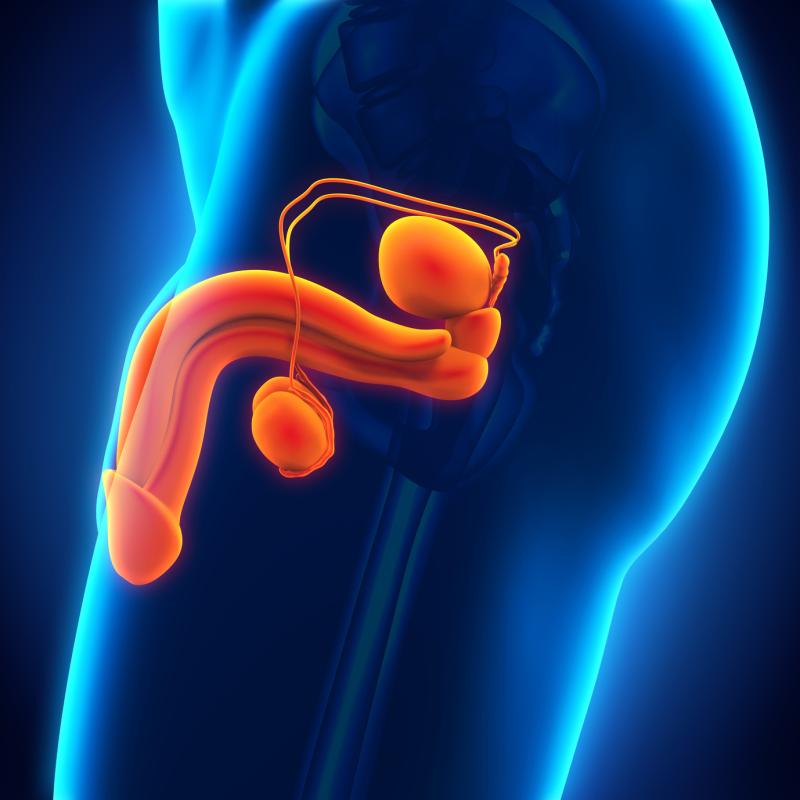After Laparoscopy Surgery
It is a minimally invasive surgical method. It is a surgery performed by accessing the abdominal cavity through small incisions with the help of a special camera and surgical instruments. It is less invasive than traditional surgery. After laparoscopy surgery The healing process is rapid. This method is used in the diagnosis and treatment of various intra-abdominal problems.
Things to Consider After Laparoscopy Surgery
After laparoscopy surgery rest is very important. You should rest as recommended by your doctor and prioritize the recovery process. There may be mild to moderate pain after the operation. You should use recommended painkillers regularly. Your post-operative diet is important. Be careful to consume light, easy-to-digest foods according to your doctor's recommendations. You should keep your incisions clean and dry. You should take care of the wound as recommended. Avoid heavy lifting and excessive physical activity. You can slowly return to physical activities at the specified time.
It is important to go for your check-ups on the dates specified by your doctor. Contact your doctor regularly to monitor your recovery process. Avoid smoking and alcohol consumption. These substances can negatively affect your healing process. Complying with these recommendations, after laparoscopy surgery It will make your period more comfortable. It will also speed up your recovery process. But remember, each individual's recovery process may be different. Therefore, follow your doctor's recommendations and consult him/her with any concerns.
In Which Situations Is Laparoscopy Surgery Performed?
 Endometriosis is the condition in which it grows outside the inner lining of the uterus (endometrium). Laparoscopy is often used to diagnose endometriosis and remove lesions. Myomas are benign tumors in or around the uterus. It can be used to examine, diagnose, and sometimes remove fibroids.
Endometriosis is the condition in which it grows outside the inner lining of the uterus (endometrium). Laparoscopy is often used to diagnose endometriosis and remove lesions. Myomas are benign tumors in or around the uterus. It can be used to examine, diagnose, and sometimes remove fibroids.
It is used to evaluate the condition of the uterus, ovaries and fallopian tubes in women with infertility problems. An ectopic pregnancy occurs when the fertilized egg grows somewhere outside the uterus. It can be used for diagnosis and treatment of ectopic pregnancy. Tubal ligation in women is performed with this method to prevent unwanted pregnancies.
Cysts occurring in the ovaries sometimes require surgical intervention. Laparoscopy surgerymay be an option for diagnosing and removing cysts. Appendicitis occurs when there is infection or inflammation in a structure called the appendix. It can be used to diagnose appendicitis and remove the appendix.
When adhesions or scar tissue forms in the abdomen, this is evaluated by laparoscopy. It is corrected when necessary. These are just some of the common situations where it can be used. However, each patient situation is unique. It is important to meet with a doctor one-on-one to discuss surgical options. After laparoscopy surgery You can contact us to get information about.
Complications That May Occur After Laparoscopy Surgery
Bleeding may occur due to damage to blood vessels during or after the operation. This bleeding can be stopped during surgery. However, rarely, additional surgical intervention may be required. Injuries to internal organs may occur as a result of placing the tools used in the wrong places. The intestines are also manipulated during surgery. In rare cases, this can cause blockage or damage to the intestines. During the operation, air is injected into the abdominal or chest cavity. In rare cases, this weather after laparoscopy surgery may accumulate and cause problems. Complications may occur due to the general anesthesia used. These include breathing problems and anesthesia-related reactions.
Blood clots (thrombosis) may occur due to prolonged immobilization. These clots can block blood flow, leading to an embolism. This may pose a risk, especially if the patient does not move after surgery. As with any surgical intervention, after laparoscopy surgery There may also be complications. This may vary depending on factors such as the patient's general health condition, the surgeon's experience, and the location where the surgery is performed. Patients should follow the instructions given by their doctors before and after surgery. In case of any concern or complications, one should seek medical attention immediately.






